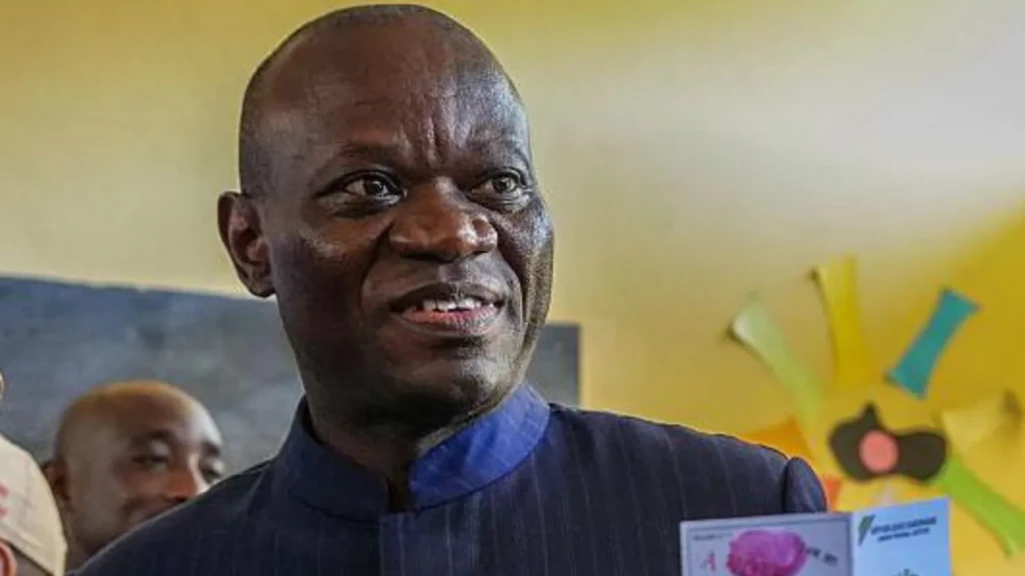
Gabon's military leader Gen Brice Oligui Nguema - who in
2023 led a coup that ended a near-60-year dynasty - has won Saturday's
presidential election with more than 90% of the vote, provisional results show.
Ahead of the vote, critics argued that the new constitution
and electoral code were designed to give Oligui Nguema a comfortable pathway to
the top job.
Some opposition heavyweights who could have posed a serious
political challenge were excluded from the race.
His election victory consolidates his grip on power, nearly two years after he masterminded the demise of President Ali Bongo, whose family had been in power in Gabon since 1967.
Oligui Nguema, 50, faced seven other candidates, including
former Prime Minister Alain Claude Bilie-by-Nze, who served under the Bongo
regime, and two stalwarts of the former ruling PDG party, Stéphane Germain
Iloko and Alain Simplice Boungouères.
"Brice Clotaire Oligui Nguema is elected [president] by
absolute majority of votes cast, with 575,222 votes," Interior Minister
Hermann Immongault announced.
His main challenger, Bilie-by-Nze, received just over 3% of
the votes.
More than seven out of 10 registered voters took part in the
poll, which the authorities and some observers hailed as signifying the
election took place transparently and peacefully.
There were complaints of instances of irregularities in the
process, however.
At some polling stations the vote was delayed, while some
voters on the electoral roll were not able to find where they were meant to
cast their ballot.
Bilie-by-Nze said he was particularly concerned by claims
that in some places unmarked ballot papers were not kept in a secure location,
and that he feared they could be used to stuff ballot boxes.
Oligui Nguema's victory brings him a seven-year mandate and
the resources to tackle the corruption and bad governance that characterised
the Bongos' time in power.
The highly articulate former commander of the elite
Republican Guard proved to be very popular among a population relieved to be
rid of dynastic rule, promising to rid the country of the ill that had tainted
Gabon's image.
The small oil- and timber-rich central African nation is
home to just 2.5 million people.
Despite its resources, about 35% of the population still live below the poverty line of $2 (£1.50) a day.